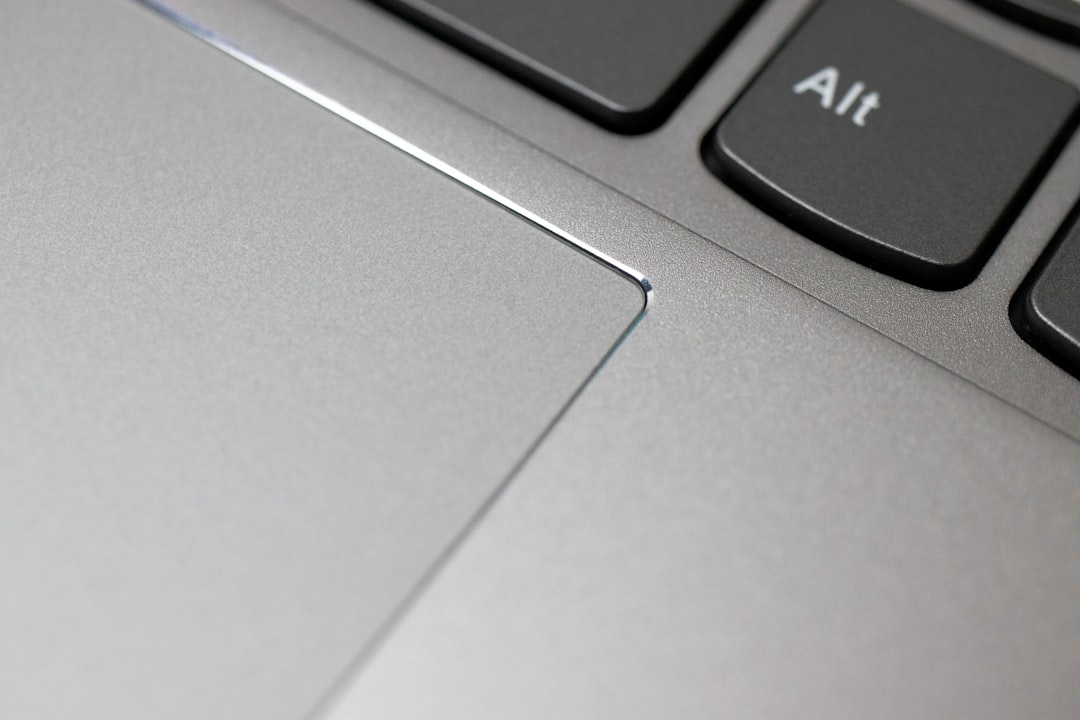Many computer users ask themselves at some point: “Will resetting my laptop make it faster?” It’s a common question, especially when devices begin to slow down or behave unpredictably. Resetting a laptop can potentially improve performance, but understanding what it involves and what to expect is critical before taking this step.
Understanding What a Laptop Reset Does
Resetting a laptop typically refers to performing a factory reset. This means restoring the software to its original state when it first left the manufacturer. It removes personal files, installed applications, system settings, and sometimes even partitions. The result is a clean, fresh version of the operating system, free of clutter, malware, and unnecessary programs.
There are two main types of resets:
- Soft Reset: This is simply rebooting your computer. While it can solve temporary issues, it won’t improve long-term speed.
- Factory Reset: This is a complete reset of your operating system. It’s more impactful but also more disruptive.
Why Your Laptop May Be Slow
Before deciding to reset, it’s important to understand what might be causing the performance decline. Laptops slow down over time due to several factors, including:
- Bloatware: Pre-installed software that runs in the background and consumes system resources.
- Outdated Software: Old operating system versions and drivers can cause instability and inefficiencies.
- Accumulated Files: Gigabytes of cached data, temporary files, and unnecessary documents can clutter your drive.
- Malware: Viruses or spyware can severely hinder system performance.
- Background Programs: Applications launching at startup often overwhelm system memory and CPU.

How Resetting Can Help
Resetting removes most of the issues listed above. After a factory reset, the device is stripped of all third-party software, potential malware, and accumulated junk. As a result, you are effectively starting over with a clean slate. In many cases, users report noticeable improvements in speed, boot times, and overall responsiveness.
However, it’s important to note: A laptop reset is not a guaranteed long-term solution. If the underlying issue is hardware-related—like insufficient RAM, an aging hard drive, or a failing component—a reset can only do so much. In those cases, upgrading your hardware or replacing the machine may be a better course of action.
What to Expect After a Reset
If you decide to proceed with a reset, here’s what you can expect during and after the process:
- Time Consumption: Depending on your laptop’s hardware and OS version, resetting can take anywhere from 30 minutes to a couple of hours.
- Data Loss: A factory reset will erase all your files. Back up important documents, photos, and software keys before initiating the reset.
- Software Reinstallation: Post-reset, you’ll need to reinstall all your needed applications manually. This can be time-consuming but is also an opportunity to avoid reinstalling unnecessary software.
- Updates Needed: You’ll likely need to download and install numerous operating system updates after the reset.
- Improved Performance: You may notice faster boot times, quicker loading of applications, and fewer crashes—especially if the cause was software-related.

Better Alternatives to Try First
Resetting is a drastic measure and should usually be considered a last resort. Before doing so, try these more targeted options:
- Uninstall Unnecessary Programs: Remove programs you no longer use or recognize.
- Disable Startup Programs: Use Task Manager to minimize what launches at startup.
- Check for Malware: Run a full antivirus scan and ensure your system is clean.
- Disk Cleanup: Remove temporary files and free up disk space using built-in cleanup tools.
- Upgrade Hardware: Adding RAM or replacing an HDD with an SSD can significantly boost speed—often more than a reset.
Conclusion
Resetting your laptop can indeed make it faster, especially if its performance problems stem from software issues. However, it’s not a panacea. It’s crucial to back up all essential data, weigh the pros and cons, and consider less invasive fixes first.
In short: Yes, resetting can make your laptop faster, but only if the problem lies in the software. If your hardware is outdated or you’re using demanding applications, a reset may prove only a temporary solution. Make an informed choice, and your laptop will thank you for it.


